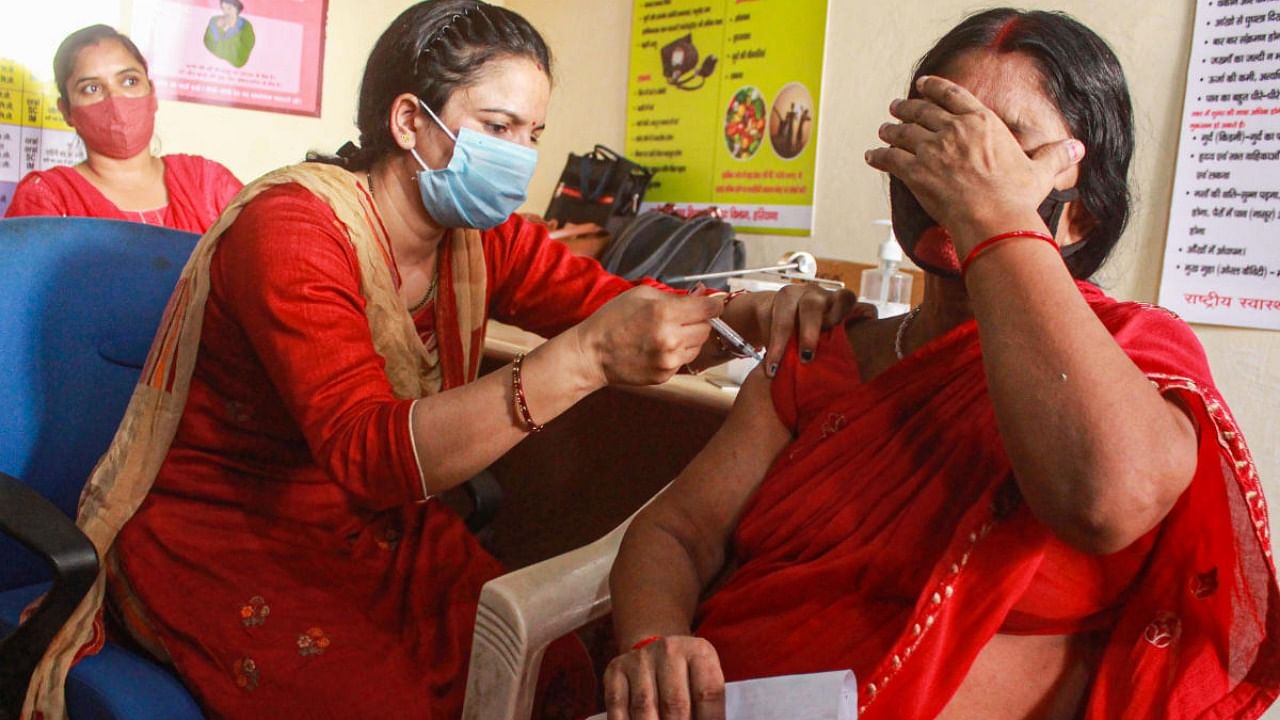
While the second wave of the pandemic is receding, curbs are being relaxed across the country and society, the economy and offices are slowly opening up, there are already intimations of an aggravation of the situation in the near future. The country’s average positivity rate has remained below 5% for several days now, active cases have fallen below 7 lakh and daily new infections are a little over 50,000, the lowest in about three months. Recoveries have gone up. All other indicators are turning more benign, and they have given rise to hope. But many experts consider this to be the lull before the next storm. AIIMS Director Dr Randeep Guleria has warned of another wave striking in six to eight weeks. Maharashtra’s Covid task force has said it might hit the state earlier and the death toll could be twice that in the second wave. The situation may not be different in other states.
The country still does not have much control over the measures needed to prevent or reduce the severity of a third wave. The foremost need is for vaccinations, which have till now covered less than 4% of the population. At the present pace, even with new vaccines and with a longer gap between the first and second doses, they will not have covered substantially more numbers of people in the next few weeks. A new variant of the virus, which has mutated from its Delta variant, is causing concern as it is feared to be more infectious. Other variants may also arise and there is the need for more genome sequencing. Better and more transparent statistics are needed, rather than hiding facts and figures. Without correct data, we are fighting in the dark.
It is important not to waste this lean period with self-congratulation and in making false and exaggerated claims. Capacities should be built up in every respect. Apart from vaccines, the availability of medical oxygen, medicines, equipment and hospital beds for both adults and children have to be increased. The strength of medical and paramedical staff should be enhanced. Some states have done well to launch a programme to train volunteers as community nursing assistants. Surveillance programmes should be extended to more areas, especially villages, for early detection and management of the infection. The more vulnerable sections of the population should receive special attention. Income support and compensations should be considered as part of Covid management. Most importantly, there should not be any laxity in following the Covid-19 protocol. The virus has not gone away, and it should not be given another opportunity to come back.